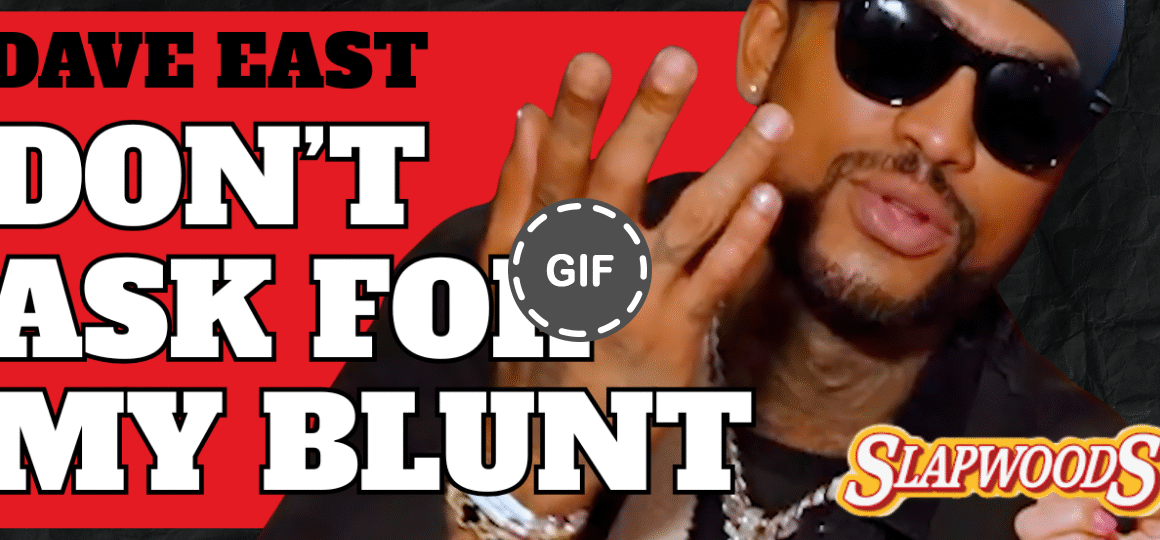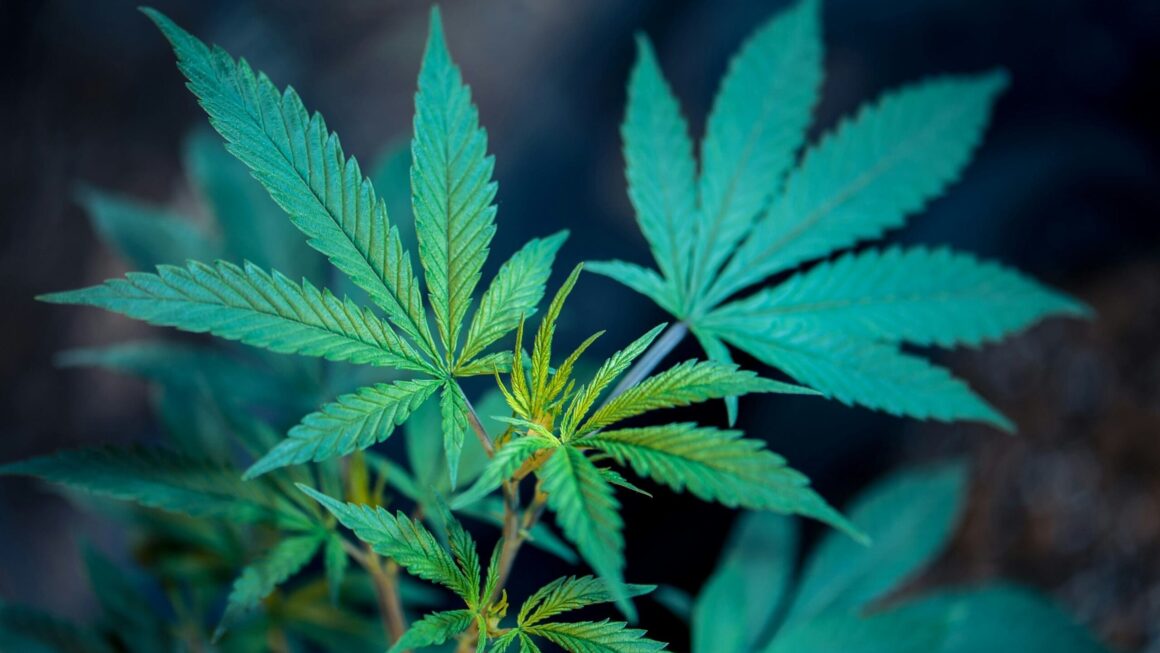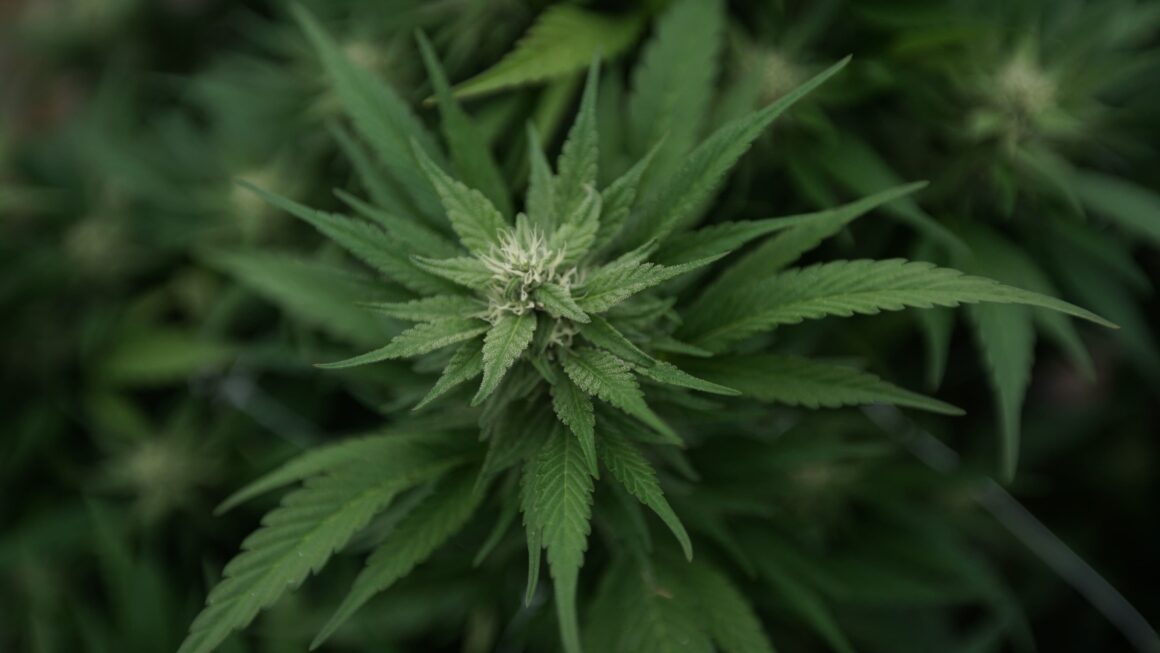Since August 2025, U.S. naval forces have carried out missile strikes on small boats off the coasts of Venezuela and Colombia — attacks the Trump administration claims target narcotics traffickers but which critics call a new front in political warfare.
Yet the scale, targets, and rhetoric surrounding these operations suggest broader political aims, namely, the pressure campaign against the Venezuelan government and the extension of executive military powers into ambiguous legal territory.
The vessels destroyed have ranged from go-fast boats to small fishing vessels.
Many were operating in areas where subsistence fishing and informal trade coexist with illicit economies, particularly in La Guajira, Venezuela. The U.S. Navy has not presented publicly verifiable evidence about the identities of those killed or the content of the vessels. The death toll amounts to at least 57 people, according to the BBC.
President Trump showcased the logic of the campaign in public statements: “We’re going to kill them,” he said in reference to suspected traffickers. Defense Secretary Pete Hegseth has argued that the cartels are comparable to al-Qaeda and should be treated as enemy combatants. The administration has designated its targets as “narco-terrorists,” and Congress has been notified that the U.S. considers itself engaged in a non-international armed conflict with drug cartels.
These legal maneuvers permit the use of lethal force against individuals who would otherwise be protected by civilian status.
Under international law, targeting non-state actors with military force requires a threshold of organized armed conflict and strict criteria for combatant status. Legal scholars and human rights groups argue that these strikes do not meet those standards and instead constitute extrajudicial killings. So far, the administration has not presented publicly verifiable evidence that the targeted vessels carried drugs, and has failed to identify the model of the vessels in detail or the subjects killed.
The policy also marks a shift in drug enforcement strategy. Fentanyl, the primary substance linked to overdose deaths in the U.S., is not transported by sea from South America. It is mostly synthesized in Asia and trafficked overland through Mexico. Cocaine, which moves by sea, enters through diverse routes, but less than 1% is believed to transit directly through the Caribbean. Thus, the targeting of small boats in these waters does not appear to align with the primary logistics of current narcotics flows as reported in the DEA’s Annual Report.
A War Beyond Drugs
Critics argue the strikes serve geopolitical goals rather than counter-narcotics objectives. And they haven’t been able to prove that the victims of the attacks are actually committing any serious crime. They might be drug traffickers. In the best-case scenario, they are low-rank workers in an international value chain that moves illegalized drugs around the planet. Worst case, they are just smugglers, which is a minor crime that most countries won’t even give jail time for. Worse possibility, they are fishermen, used to traveling for weeks in a row in search of big groups of fish to sell in Curaçao, whose lives have been destroyed in unstable and impoverished Venezuela, and they are doing isolated work for a chain of command they do not represent or control.
Observers have pointed to the revival of a decades-old theory suggesting that Venezuelan military officials are involved in drug trafficking. The “Cartel de los Soles” is a narrative aimed at building a bridge between drug enforcement and geopolitical confrontation.
Although the U.S. has yet to produce substantiated evidence of the cartel’s formal existence, it remains a central justification in statements from U.S. officials.
Recently, Colombian President Gustavo Petro has rejected the narrative, calling it a fabrication designed to delegitimize governments that oppose U.S. policy. Petro has described the bombing of a Colombian fishing boat that resulted in the death of Alejandro Carranza as an assassination. U.S. officials have not commented on that incident directly but maintain that all strikes are based on confirmed intelligence.
The political context is essential. During his first term, Trump supported opposition figure Juan Guaidó and implemented sanctions designed to isolate the Maduro government. The current military campaign expands this pressure by shifting from economic and diplomatic tools to the direct use of military force, albeit officially framed as a counter-narcotics measure.
Taganga and the Line of Fire
In the coastal town of Taganga, Colombia, poor family fishermen are collateral damage to these geopolitical operations.
Omar Avendaño, legal advisor to the Corporación de Pescadores Chinchorros (Corporation of Fishermen of Chinchorros, an organization that runs deep in the history of the region), spoke to High Times about the effect on the local fishing economy. “Yes, they are going out less,” he said. Fishing is one of the few stable economic activities in the area besides tourism, and the threat of misidentification by foreign military forces has introduced a new layer of insecurity.
“There is no institutional aid for fishermen,” Avendaño added. Beyond public statements and diplomatic protests, the Colombian government has not implemented protective measures or offered economic support to affected communities.
Avendaño described Taganga as a town historically rooted in artisanal fishing. Many of its boats operate across Caribbean waters. Some of these vessels carry powerful engines not common in local fishing, raising suspicions among authorities, but Avendaño emphasized that poverty and lack of options often lead residents to engage in informal trade.
“There are boats with multiple engines, but they are not always used for drug trafficking. There is also a lot of contraband in the region. It is part of the economic reality,” he said. He acknowledged that distinguishing between illicit commerce and criminal trafficking is often difficult from the outside, and that steady fishing families do not normally engage in trafficking.
“We depend on the sea,” Avendaño told us. “But now it’s a risk. And the government has done nothing more than denounce the situation.”
Editor’s note: This article is based on publicly available information, official statements, and interviews. It reflects analysis and reporting, not endorsement of any political position.
Photo by Hacı Elmas on Unsplash





